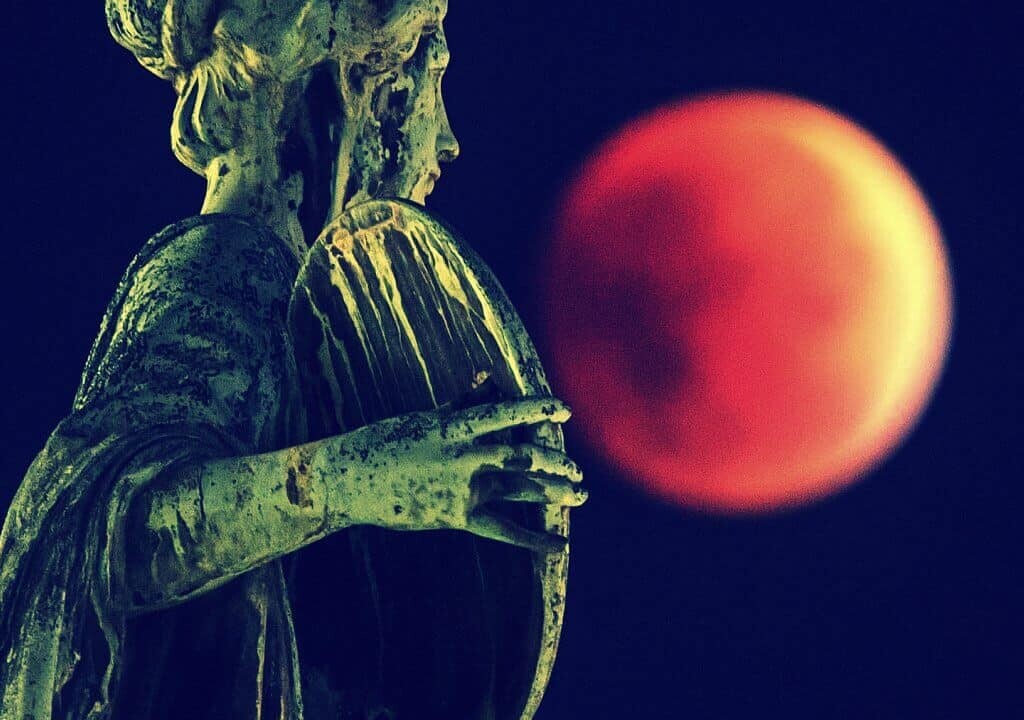On July 27, 2018, spectators worldwide were captivated by an extraordinary celestial event: the longest lunar eclipse of the 21st century. For nearly two hours, the moon vanished into the earth’s shadow, only to reemerge with a mesmerizing reddish glow, leaving spectators worldwide in utter awe.
Revisiting Cosmic Enchantment: The Unforgettable Lunar Eclipse of July 27, 2018
This celestial spectacle held viewers from vast swaths of the globe, including Africa, Asia, and parts of Europe, completely spellbound. Mexico, however, was not privy to this natural wonder.
The phenomenon was particularly savored by the fortunate residents of Buenos Aires, Montevideo, Sao Paulo, and Rio de Janeiro. Meanwhile, across the rest of the Americas, astronomy enthusiasts took to the internet and tuned into their televisions to follow the live broadcast of this singular event—a spectacle that occurs only once every 80 years.
Live broadcasts commenced at 13:20 Central Mexico Time on July 27, with signals relayed from Rome via the Virtual Telescope. At 13:30, Israel’s Bareket Observatory also started its broadcast, providing uninterrupted viewing of the phenomenon for five hours. These broadcasts featured a static image updated every 15 to 25 seconds, complete with a countdown clock indicating the remaining time to observe the eclipse.
The Royal Museum Greenwich, utilizing its cutting-edge AMAT telescope, streamed a live view via Facebook. This broadcast was enhanced with commentary from astronomy experts and included a public Q&A session, though conducted in English. Additionally, the Time and Date portal provided comprehensive coverage of the event, accessible with a simple click.
The July 2018 Lunar Eclipse: A Universal Spectacle Live, Despite Transmission Hiccups
This eclipse, with a duration of approximately 1 hour and 43 minutes, had our natural satellite’s shadow traversing the Earth for roughly four hours.
It’s worth mentioning that the links for live streams were activated just a few minutes before the lunar eclipse commenced. Consequently, those who clicked on the hyperlinks provided in press releases may have discovered that some of them were not yet live.
The lunar eclipse of July 27, 2018, will be etched in memory as one of the most awe-inspiring celestial displays of our era, a cosmic ballet that underscored yet again the magnificence of the universe we inhabit.





